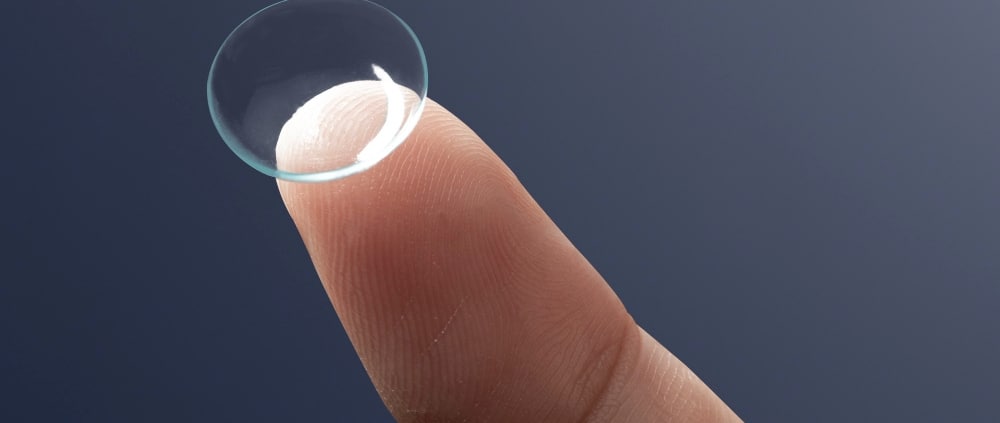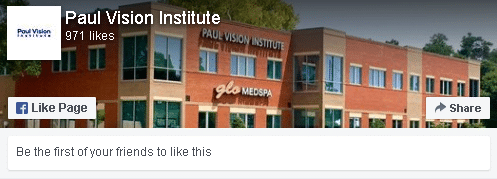Common Types of Specialty Contact Lenses
Contact lenses restore vision without the need to wear glasses. Yet, for some patients, specialty contact lenses actually do more than just correct eyesight. Here are the five most common specialty contacts the team at Paul Vision Institute prescribes for our patients.
RGP Contacts
RGP contacts are rigid gas-permeable contacts. These work well for patients with issues affecting the cornea, such as keratoconus. These contacts hold their shape and stay in position, unlike soft lenses, even when someone rubs their eyes.
Scleral Contacts
Scleral contacts are a type of specialty contact that faults over the iris and rests on the white of the eye, or the sclera. This gap gets filled with fluid to allow more cushioning for the eye. These lenses work well for patients who are not good candidates for traditional contacts but who want the look and convenience of contact lenses.
PROSE
PROSE is a treatment for ocular surface diseases. This stands for Prosthetic Replacement of the Ocular Surface Ecosystem, and the system helps reduce light sensitivity or limit pain in the eyes caused by several conditions. The device must be custom-made by your eye doctor in Wilmington, NC, to fit your eyes and vision condition.
Ortho-K Lenses
Sometimes, the cornea becomes misshapen, either due to damage or due to genetics. This causes conditions like astigmatism and both near and farsightedness. Ortho-K lenses can reshape the cornea over time. You wear them at night, and your vision gradually improves. However, unlike LASIK, improvement with Ortho-K lenses is not permanent.
Hydra-PEG
Hydra-PEG contacts have a special coating that resists deposits. Patients with chronic dry eyes who want to wear contacts can do so comfortably without irritation from the dust and proteins that stick to traditional soft contact lenses.
If you are interested in learning more about specialty contact lenses, or if you think you might benefit from one, reach out to the Paul Vision Institute for a consultation.




